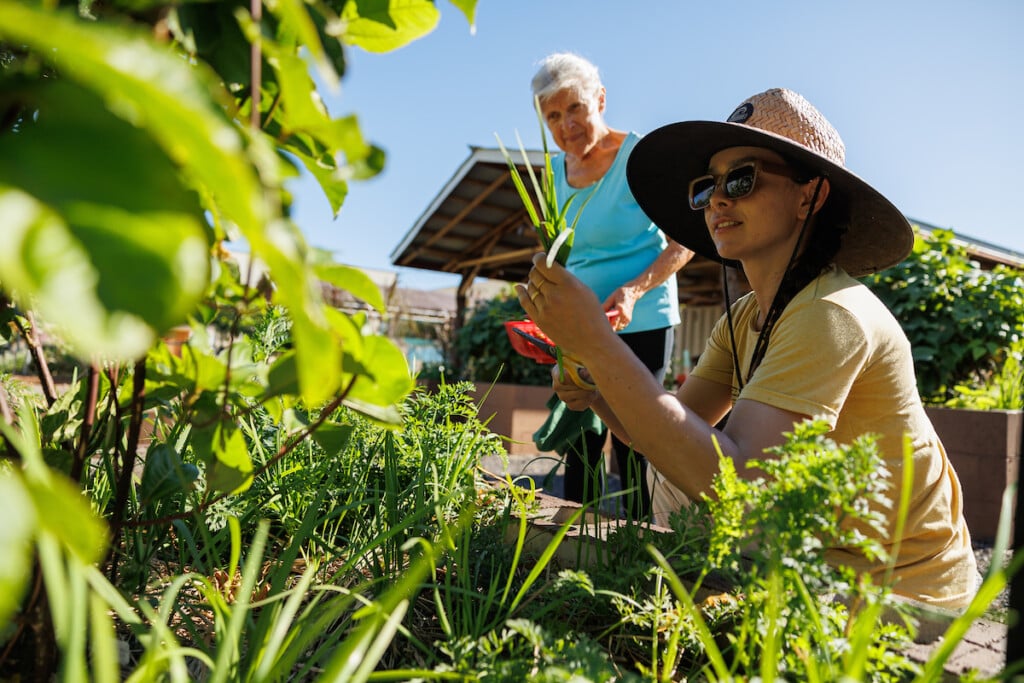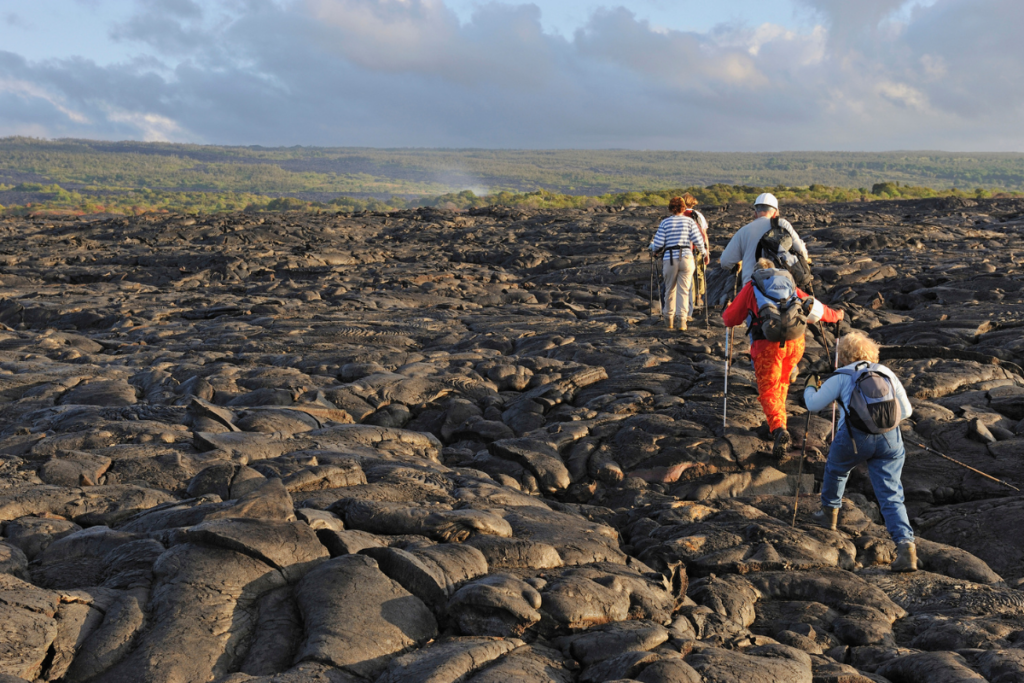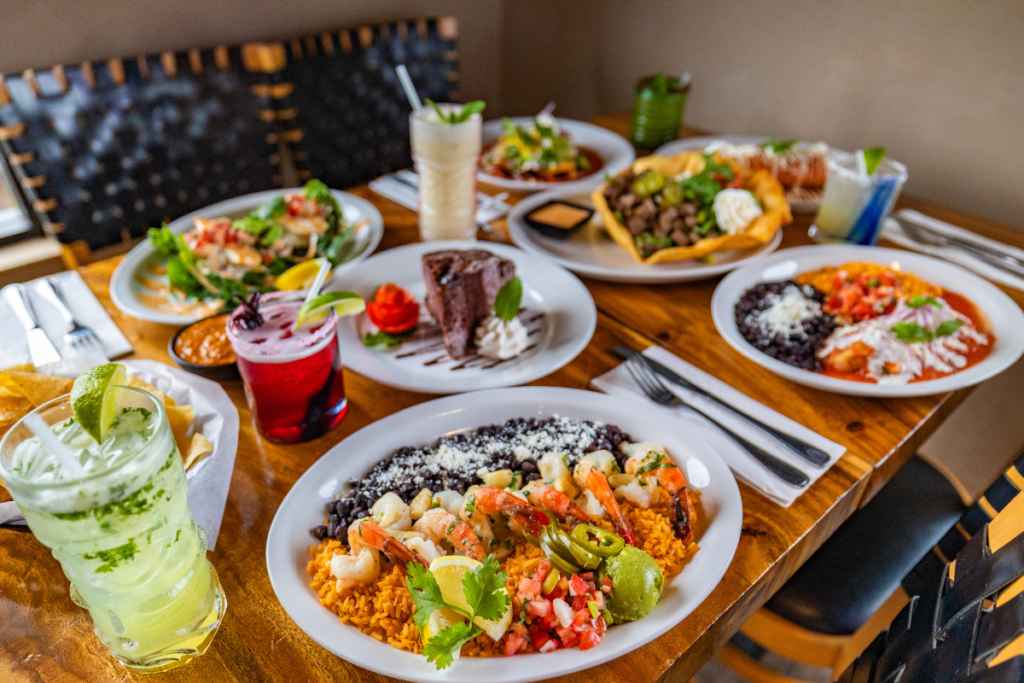Mālama: Plant Seeds of Change on Maui
All are invited to weekly volunteer days with Grow Some Good. The nonprofit is making a sustainable impact by maintaining educational school gardens that contribute to nourishing meals for the Maui community.

From a single garden bed at Kīhei Elementary School to a flourishing network of green spaces across Maui County, Grow Some Good has blossomed into a beacon of sustainable education, food security and community resilience.
Established in 2008, this nonprofit offers a project-oriented, place-based educational program that transforms school gardens into living classrooms. Since its inception, the organization has provided hands-on learning to dozens of schools in the county, benefiting approximately 12,000 students each year, according to Scott Lacasse, Grow Some Good’s executive director.
In 2019 Grow Some Good joined the Hawaiʻi Farm to School Hui, a holistic education system under the Hawaiʻi Public Health Institute. The hui aims to provide ʻāina (land)-based education, increase access to local produce, enhance community health, make a statewide impact, and foster regional support.
The collaboration resulted in a significant expansion of the nonprofit’s school gardening programs, including those staffed directly by Grow Some Good employees and others that support teachers’ independent outdoor education by providing resources and professional development.

An additional community effort—created in partnership with the Maui Family YMCA and Big Brothers Big Sisters Hawaiʻi—transformed 3 acres of fire-prone invasive plant species into an agroforest aimed at addressing food insecurity on Maui.
Photo: Aaron K. Yoshino
When the pandemic disrupted school activities, the nonprofit adapted by partnering with organizations like the Maui Family YMCA, The Maui Farm, and Hungry Heroes Hawaiʻi to develop educational kits for students and their families.
The notably named Kumu Kits, part of the Kumu Mea Kanu project, are paired with free virtual courses that explore themes like growing, garden art, cooking, sustainability, Hawaiiana, soil and plant science. These age-appropriate lessons serve students from kindergarten through eighth grade at public, private and home schools.
“The kids are learning and having fun, but they also are very much aware that they’re impacting the community,” Lacasse says.
After students use these starter kits, the plants are distributed to local organizations that sow, harvest, and incorporate them into meals for houseless individuals and families in need. According to Lacasse, the produce has contributed to approximately 200,000 meals.
An additional community effort—created in partnership with the Maui Family YMCA and Big Brothers Big Sisters Hawaiʻi—transformed 3 acres of fire-prone invasive plant species into an agroforest aimed at addressing food insecurity on Maui.

The program focuses on growing nutrient-dense foods and staple crops like ʻulu (breadfruit), ʻuala (sweet potato), and kalo (taro).
Photo: Aaron K. Yoshino
“We’re focused on nutrient-dense foods: ʻulu (breadfruit), ʻuala (sweet potato), and kalo (taro)—some of those staple crops,” Lacasse says.
Over nearly two years, the project has produced about 2,000 pounds of fruit, which is distributed through monthly contributions to the Maui Food Bank and given to community members who visit the site.
Aside from filling people’s bellies, the agroforest can also feed their souls. “Anybody can go out there, and they don’t necessarily have to work,” Lacasse says. “Take that moment in time to center and ground. I find that, when you’re out in nature and in gardens, it is a very grounding experience. … They are places of healing.”
Another aspect of the nonprofit’s partnership with the YMCA is its intersession programming. “There’s a 10-week YMCA summer camp right now. We staff our portion of it and the kids get to go through swimming and art and all the other activities, and gardening is a central feature of that,” Lacasse explains.
Grow Some Good is also developing a partnership with the University of Hawaiʻi’ to include a trauma-informed STEM curriculum in its intersession camps. This approach will equip educators with the knowledge and tools to create safe and supportive environments for students who have experienced trauma, such as the 2023 fires that deeply impacted the community.

Grow Some Good also hosts corporate workdays and an annual event called Mālama Māla, which brings together volunteers to maintain as many school gardens as possible in one day.
Photo: Aaron K. Yoshino
The nonprofit has also partnered with Maui Nui Botanical Gardens; Kauluwehi, the bio-cultural garden at the University of Hawaiʻi Maui College; Project Live in Your Truth, sponsored by the Maui Police Department; ReTree Hawai’i, which plants trees across Maui County; and community volunteers, who Lacasse says are vital to the the organization’s mission.
“Finding the time and the resources to maintain a garden can be challenging,” Lacasse says. The solution has been to collaborate with dedicated school faculty, parents, and the nonprofit’s in-house garden coordinators and staff to plan quarterly workdays at each school.
Grow Some Good also hosts corporate workdays and an annual event called Mālama Māla, which brings together volunteers to maintain as many school gardens as possible in one day.
Volunteers have contributed to the nonprofit in various ways, and not all tasks require getting their hands dirty. Other opportunities have included helping with graphic design, website development, creating the organization’s policy protocol manual, human resources, and contractor services.
Immediate needs include assistance with administrative tasks, irrigation, and assembling the Kumu Kits. However, Lacasse is open to working with anyone who has an interest in supporting the mission.
As Grow Some Good continues to expand its reach and impact, Lacasse emphasizes the nonprofit’s vision to foster sustainable practices, create additional food hubs, and ensure nutritional meals are accessible to all residents of Maui County.
Grow Some Good hosts weekly volunteer days on Tuesdays, plus other pop-ups, and its annual Mālama Māla event. For more information and to sign up, visit growsomegood.org.

